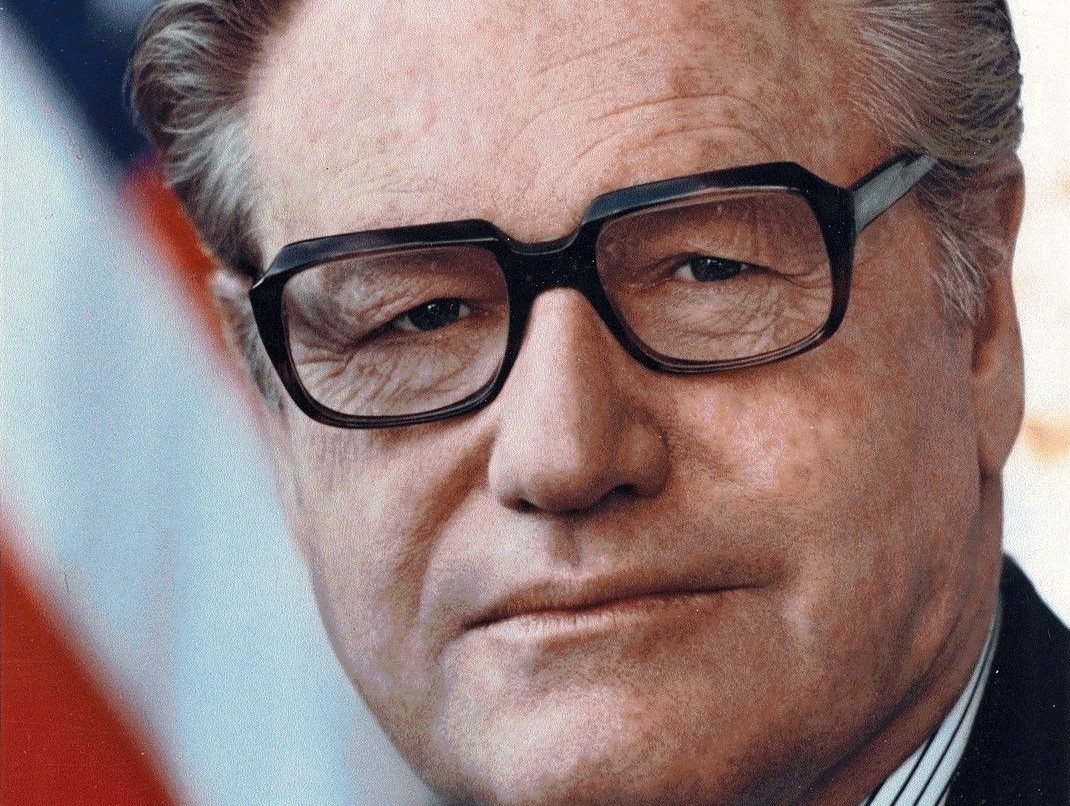
In 1958, after working in business and government, Nelson Rockefeller was elected governor of New York, where he served four terms. Afterwards, in 1974, he was appointed Vice President of the U.S. by President Gerald Ford. In his later years, Rockefeller became a leading philanthropist and served as a keen advocate of the civil rights movement, receiving much appreciation from people like Martin Luther King, Jr. His many contributions and awards are too numerous to detail, but today an entire wing of New York's Metropolitan Museum of Art is named in Rockefeller’s honor.
Despite Rockefeller's undiagnosed dyslexia, which made it hard for him to achieve success in the classroom, he was still accepted into Dartmouth College. While Rockefeller had originally been hoping for Princeton, Dartmouth proved to be a suitable fit for the grandson of business magnate and philanthropist John D. Rockefeller. In those years, the school was a training ground for young men who went on to become governors, senators, and other high-ranking politicians. Rockefeller proved himself to be grounded and capable when it became known that (in keeping with his grandfather's tradition) he always sewed his own socks. In 1930, he graduated with a Bachelor's Degree in Economics and was also a member of Phi Beta Kappa.
Presently, Rockefeller's legacy can be found all over Dartmouth's culture and campus. Most notably, in 1983, the Rockefeller Center at Dartmouth College was founded to commemorate his contributions to the nation. Funding for a new building, for several new professorships, for the support of basic research in economics and government, and for the support of the multidisciplinary study of policy, was generously seeded by members of the Rockefeller family.
During his lifetime, Rockefeller also remained a loyal alumnus of Dartmouth, serving as a trustee of the college and helping to create the Great Issues course, which focused on public policy issues. He also played an instrumental role in establishing the Hopkins Center for the Performing Arts. He was one of only two individuals to be awarded two honorary degrees from Dartmouth College. Today, any students wishing to pay their respects to the great man need only visit the Rockefeller Center, where there is a large memorial to remind the Dartmouth community not only where it has come from, but also where it is headed.
